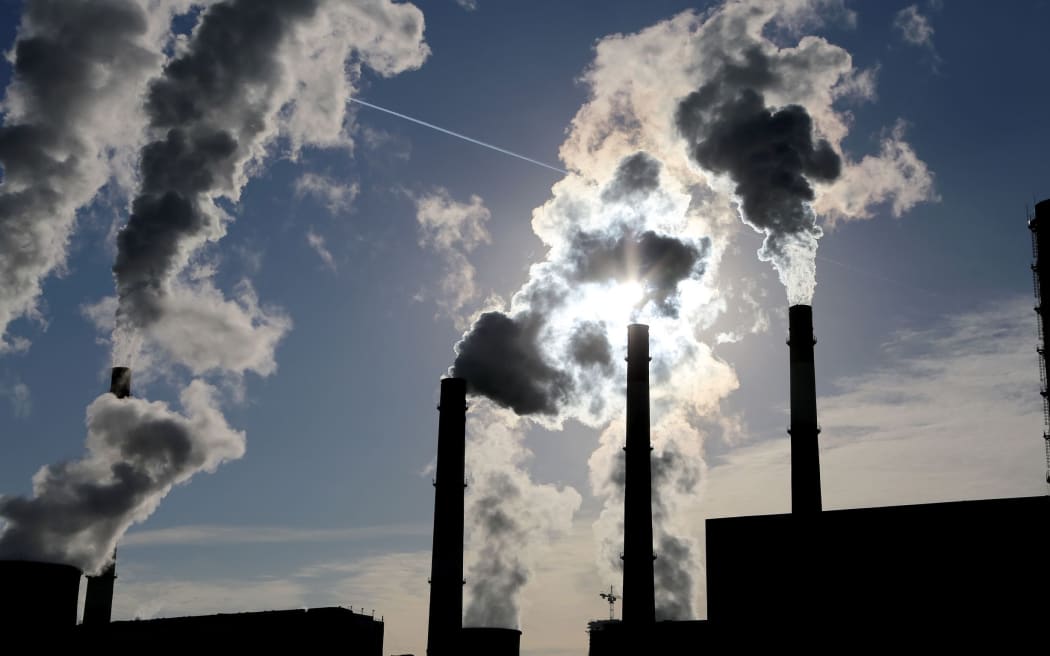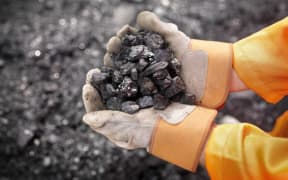
Photo: 123RF
ACC is still investing too much in fossil fuels, says a charity promoting ethical investment.
The agency invests $47 billion to pay for future injury claims, and says it keeps investing in oil and gas because "climate change involves all of us" and it wants to pressure fossil fuel users as much as producers.
Last financial year, company shares owned by ACC were responsible for making the equivalent of around 3.5 million tonnes of carbon dioxide, according to calculations in the company's annual report.
That only counts shares in companies listed on a stock market. ACC says it does not yet count the climate impact of its private investments.
The emissions did not all happen in New Zealand, but if they did, they would place ACC's share portfolio among New Zealand's top dozen emitters.
There is a global push to get big - and particularly publicly-owned - investors out of the planet-heating business, so they are not financing climate disasters.
Two years ago, ACC climate change impact fund manager James Muir explained to Nine to Noon why selling off high polluting shares made a difference.
"The great theory is we increase the cost of capital of companies which have high emissions, so if we don't invest it becomes harder to obtain finance. Anecdotally, because we talk to a lot of companies, we know this is working."
Today, following a government directive to shrink its climate impact, ACC says is on track to lower the carbon intensity of its investments by 60 percent by 2025, from 2019 levels, and at least 65 percent by 2030.
But it still has substantial investments in fossil fuel producers - enough to make around 700,000 tonnes of carbon dioxide last financial year, the equivalent to driving almost 300,000 cars for a year.
ACC external investment manager Peter Scobie has defended sticking with oil and gas investments.
"Climate change involves all of us, and reducing the overall carbon intensity of our investments means we want to hold users of fossil fuels, so the people who burn them, to account, as much as producers."
Scobie said ACC believed in having the flexibility to invest in a broad range of energy sources, because renewables can not yet meet the whole world's energy demand.
One exception is companies making 30 percent or more of their incomes from coal, which ACC has ditched.
He said withdrawing completely from fossil fuels would not help.
"If we were to pass our holdings on to someone else, it's possible they don't have the same responsible investment focus we do, and us acting alone is unlikely to raise the cost of capital."
ACC 'far from being a leader'
That did not wash with Barry Coates - head of a charity promoting ethical investment, Mindful Money - who said divestment worked.
"It works. We see evidence of this all the time."
Coates said ACC deserved credit for setting targets and reducing emissions, and setting up a $100 million clean investment fund. That fund has invested in Lodestone Energy's solar farms, and Leaft Foods' plant proteins, companies that reduce emissions.
But Coates said the world had moved on since then and ACC was "far from being a leader".
He said the track record of companies like Exxon Mobil - in which ACC has a small stake - doesn't support staying invested.
"The major fossil fuel companies have been saying for years they are going to transition to renewable energy. That's by no means the case, in fact some of the major companies like Exxon Mobil and Chevron are actually increasing their exploration and production rather than decreasing it."
Coates said it was wrong for a health-focussed public agency to worsen public health by investing in coal, something ACC still did, within limits.
Mining company BHP, which still earns money from coal, is among ACC's top 20 investments, although ACC's Scobie said BHP was changing, and planned to get out of its last coal mine by 2030.




